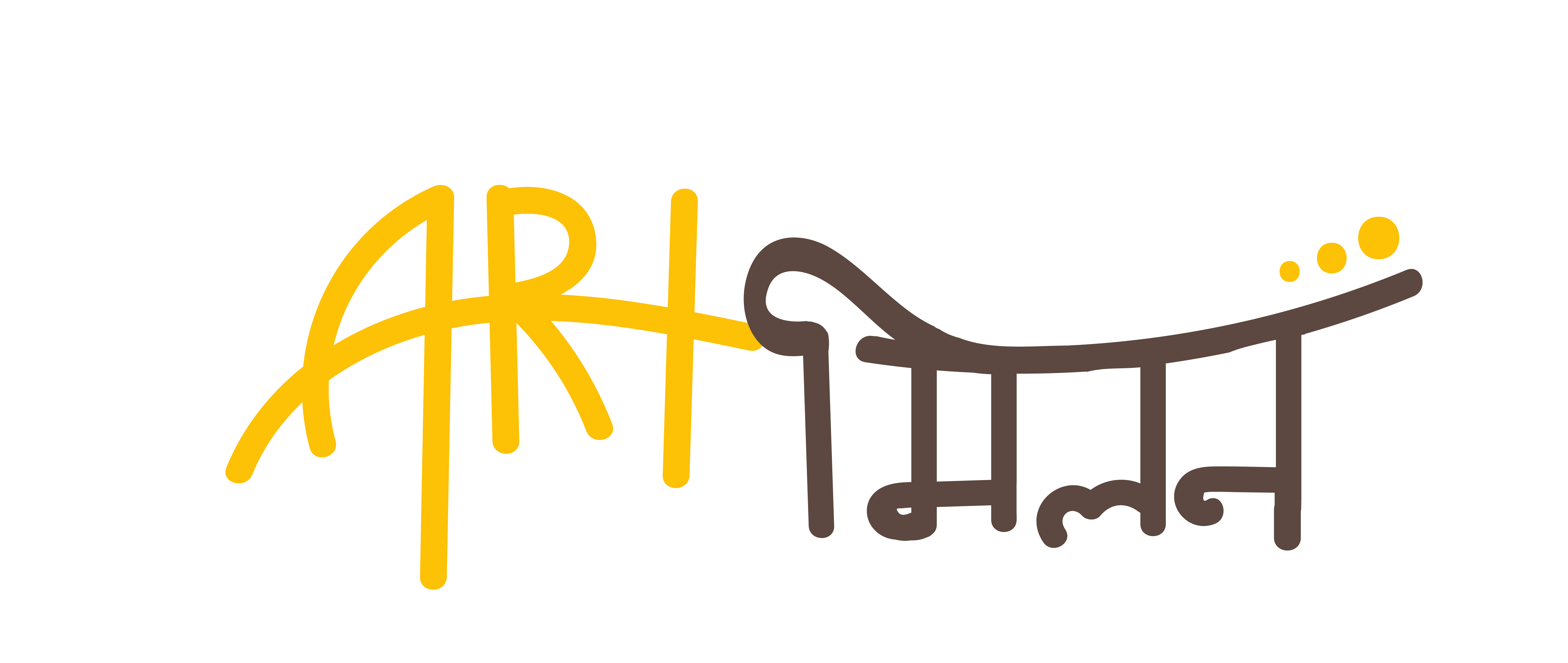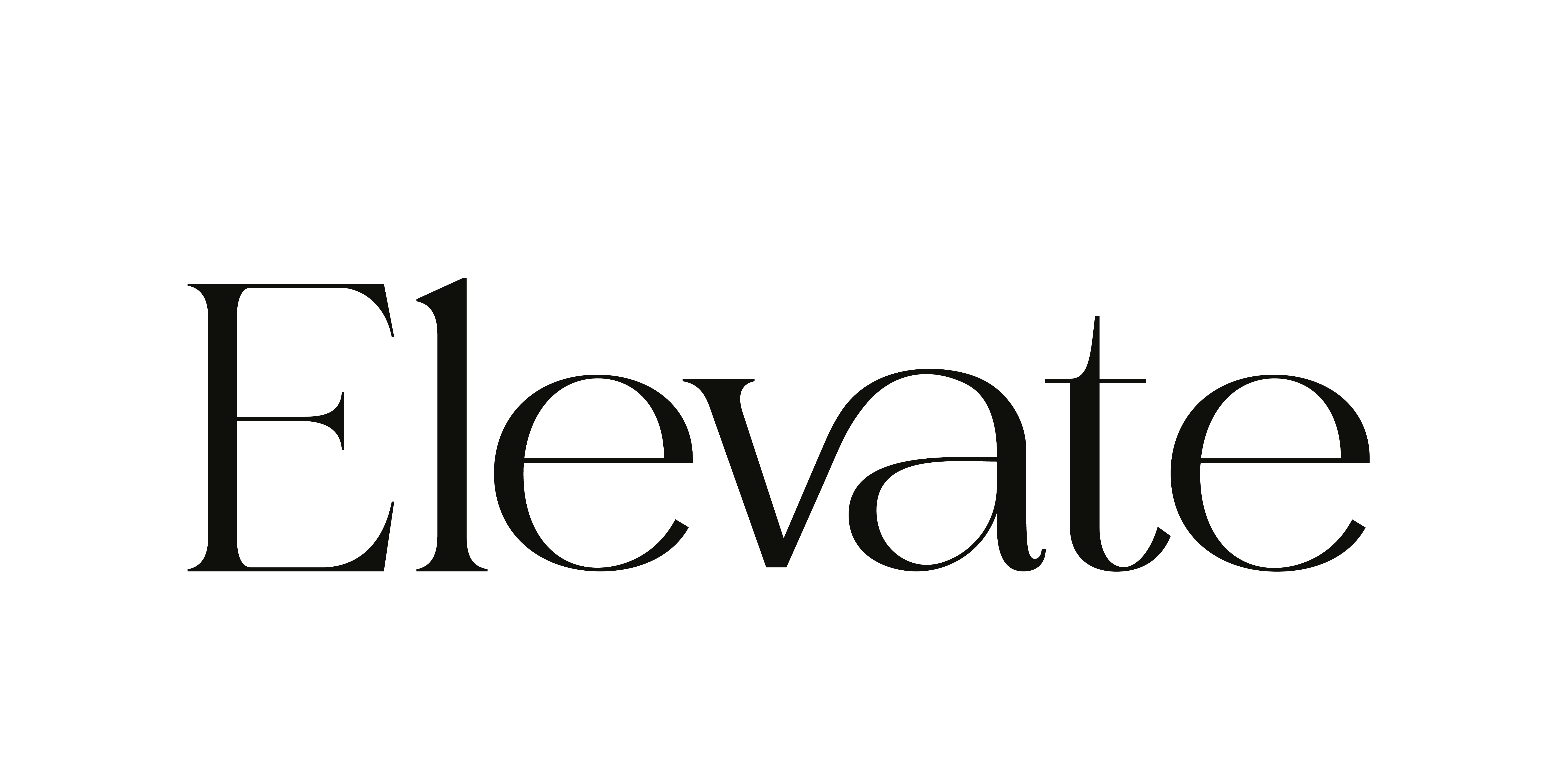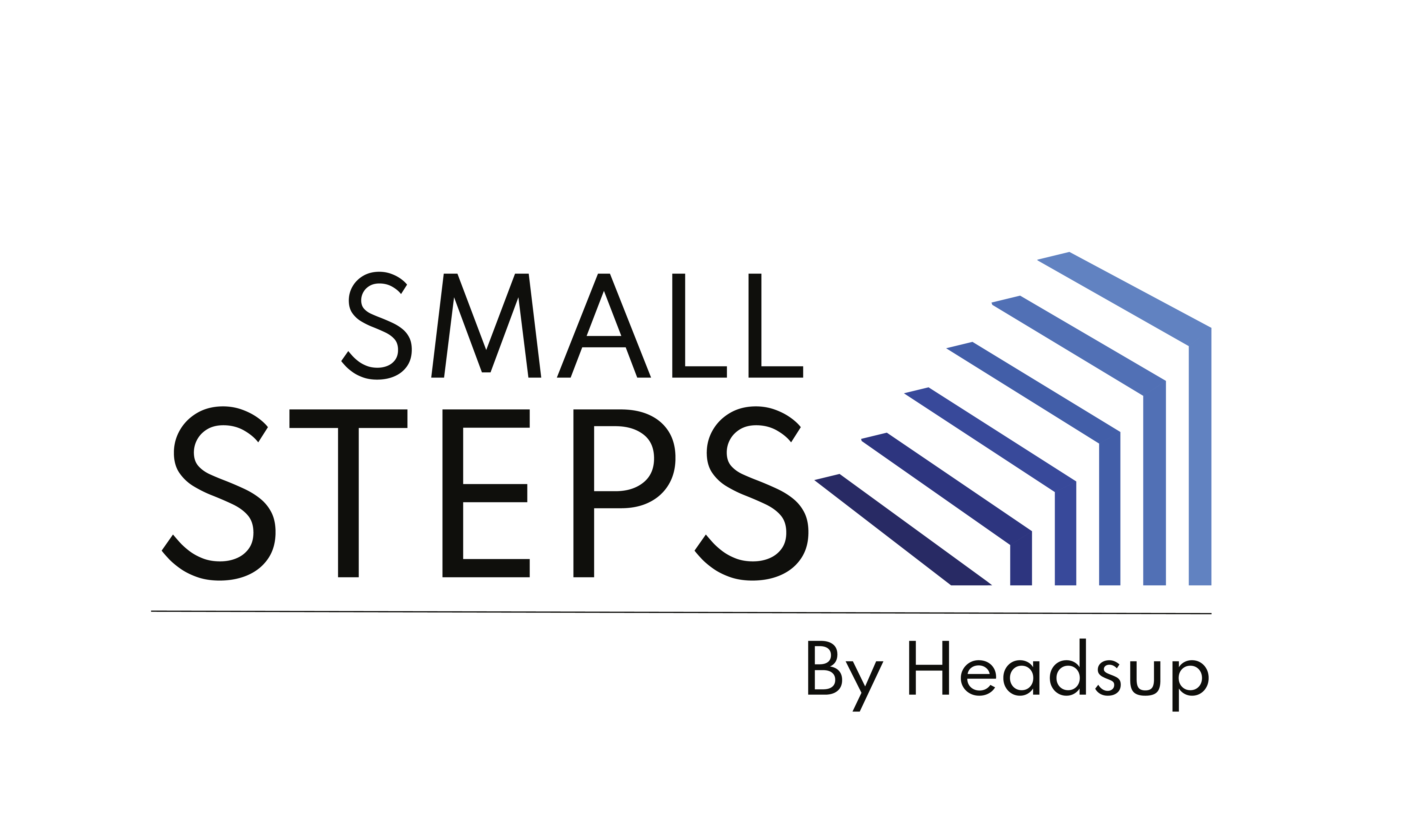The past year and a half in the whirlpool of the Coronavirus pandemic have bought many upheavals and disruptions in our lives. But nearly all industries throughout the world – from medical, e-commerce and IT – have also been redesigned.
The Indian IT sector has undergone a massive metamorphosis as the entire work culture is being reinvented. IT giants are opting for new strategies to increase their workforce – both full-time and freelance. In fact, one of the leading IT companies, Tata Consultancy Services (TCS) has recently announced that it will roll out a model wherein only 25 percent of its total workforce will operate from office by 2025. TCS has remotely managed almost 400,000 employees during the pandemic, and see this change in job culture as a major IT sector trend in the following years.

Amidst this chaos, sectors in India are re-strategizing their policies and adapting to the ‘new normal ’. Let’s find out what are the other interesting job trends in the IT sector that will pan out in 2021.
1. A Pan-India Workforce
Last year shows that work from people across cities and towns may be carried out at identical productivity levels. It is expected that the IT industry will witness the decentralisation of talent, as it recruits more people from smaller places than before. The process of recruiting this talent will also change its urbane dynamic and opt for a more diversity-focused hiring approach. Human resources should be more adaptable to accommodate the diverse and remote talent in their onboarding and induction procedures, and all the seminars, workshops, etc.
The upcoming IT workforce will hopefully transcend the limitations of geography, ethnicity, gender, sexualities, and socioeconomic statuses.

2. Augmented Hiring
One of the major job trends in the IT sector will be that pertaining to hiring. According to a recent Michael Page India research, 53 percent of Indian IT companies are expected to enlarge their workforce and 60 percent are expected to increase increments. Today, the need for app development, data analysts and consultants is higher with more individuals investing in data.
The way more Indian IT businesses desire to provide opportunities to freshers has also changed attitudes. TCS and Infosys have declared that 40,000 and 26,00 freshers would be hired for FY 21-22, respectively. As companies are cutting costs in infrastructure and office maintenance, they will be able to increase hiring activity more.

3. Digital Skills Demand Attention!
2021 will see a shift from the demand in soft skills to digital skills such as Artificial Intelligence (AI), Internet of Things (IoT), Machine Learning (ML), Robotic Process Automation (RPA), and Cyber Security and cloud computing etc. IT sector and many other sectors in the country have undergone complete digitalization and hence, acquiring and training such skills are going to give individuals an advantage.
Moreover, IT professionals in sync with their HR teams, are working towards strategizing training and learning programs to teach these skills to freshers. This can be the start of a new digital era in IT altogether that will build a digitally expert workforce from scratch.
To hire seasoned IT professionals, HR teams will have to devise a hiring process that tests both skills such as communication, time-management, and conflict resolution along with the aforementioned digital skills.

4. Age Of Freelancers
According to a report published by Boston Consulting Group (BCG) and Michael & Susan Dell Foundation, India’s gig economy will see a triple-fold increase in the next three-four years; with 90 million jobs in the next eight-ten years. IT is also likely to contribute to this data as hiring freelancers will become one of the job trends in the IT sector in the coming years.
This change in work culture has come with the realization of the flexibility and cost-and-time efficiency of remote working. India is the second-largest market for freelancers, and the coming years will see IT businesses adapting to it as well.

5. An Integrated Hiring Process
Over the past year, recruitment has taken place virtually in almost all IT companies. This has created a gulf in the employer’s understanding of the employees’ communication abilities, desire to learn, and other soft skills. HR teams of IT businesses will have to formulate a holistic hiring mechanism that will compensate for the lost interpersonal interaction and give a more complete idea of the employees’ strengths and weaknesses.
The hiring process can include AI-driven psychometric tests, video interview tools to record a candidate’s behavioural aspects, etc. The evaluation process of a tech candidate will also be carried out by capturing impalpable elements such as teamwork, cultural fit, urge to grow and learn in the company, etc.

These 5 job trends in the IT sector will revolutionize hiring as we know it. And as riveting as these trends will be, they will also prove to be harbingers of growth in the Indian economy.








